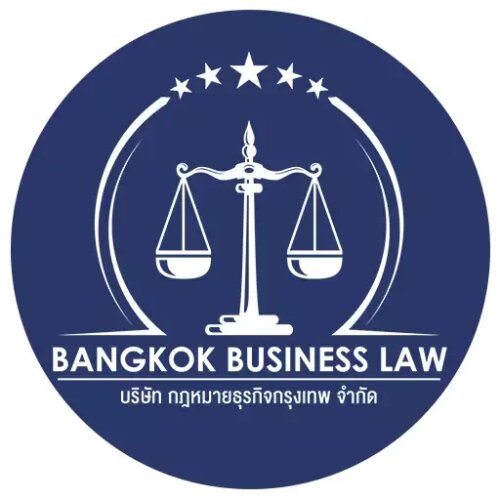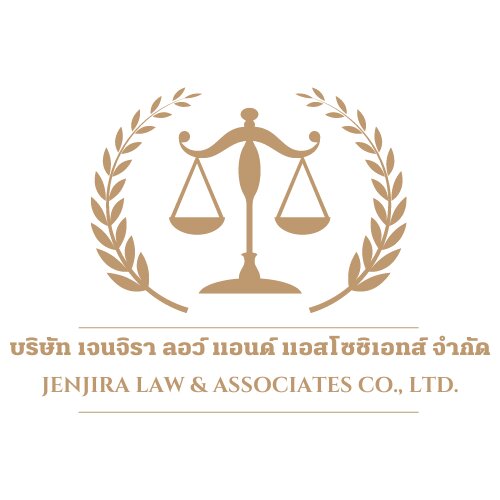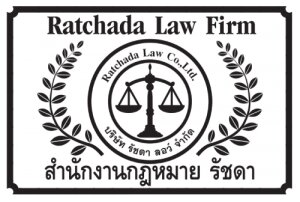Best Sanctions & Export Controls Lawyers in Bang Kapi
Share your needs with us, get contacted by law firms.
Free. Takes 2 min.
List of the best lawyers in Bang Kapi, Thailand
About Sanctions & Export Controls Law in Bang Kapi, Thailand
Sanctions and export controls are legal measures that regulate the export, reexport, transfer, and provision of goods, technologies, software, and services across national borders. In Bang Kapi, a thriving subdistrict of Bangkok, these laws play a significant role for businesses and individuals involved in international trade. Thailand, as a member of the global community, enforces various regulations in line with its own national security objectives, international commitments, and compliance with United Nations sanctions. The purpose is to prevent illegal trade, protect national interests, and ensure that sensitive goods and technologies do not fall into the wrong hands.
Why You May Need a Lawyer
Legal assistance is essential for those navigating the complexities of sanctions and export controls in Bang Kapi. You may require a lawyer in the following situations:
- You operate a business that exports goods or provides cross-border services and want to ensure compliance with Thai laws.
- You face an investigation, warning, or penalty related to export violations or the evasion of sanctions.
- You are unsure whether your products or shipments require a government-issued export license.
- You need to conduct due diligence on foreign customers or partners to avoid trading with sanctioned entities or countries.
- Your foreign client asks about sanctions compliance clauses or processes in contracts.
- You are dealing with the seizure or detention of goods at customs in Bang Kapi or elsewhere in Thailand.
- You want to report, appeal, or defend against enforcement actions taken by Thai authorities.
A qualified sanctions and export controls lawyer will help you assess risks, interpret regulations, draft compliance policies, and protect your legal interests.
Local Laws Overview
In Thailand, the Ministry of Commerce and the Customs Department are primarily responsible for enforcing export control and sanctions regulations. Key legal elements relevant for Bang Kapi-based entities include:
- Export Control Act (2019) - Provides the framework for controlling the export, transshipment, and transit of dual-use goods (items that have both civilian and military applications).
- Customs Act - Details import and export obligations, penalties for smuggling, and documentation requirements at all official ports of entry and exit.
- Immigration and Foreign Trade Laws - Restrict dealings with individuals, countries, or organizations currently subject to United Nations or other binding sanctions, including embargoes and asset freezes.
- Ministry of Commerce Notifications - Update the list of controlled goods, licensing requirements, and sanctioned entities, often reflecting new UN or international measures.
Local enforcement in Bang Kapi is typically coordinated between district customs offices and national authorities. Exporters and service providers should maintain up-to-date records and licenses, and be aware of changing regulatory requirements, as violations can result in severe penalties, including imprisonment and heavy fines.
Frequently Asked Questions
What are sanctions and export controls?
Sanctions are government-imposed measures restricting trade with specific countries, entities, or individuals for reasons such as national security or foreign policy. Export controls are legal requirements that regulate the movement of specific goods, software, or technology, often in the interest of security or non-proliferation.
Who enforces sanctions and export control laws in Bang Kapi?
Authorities such as the Ministry of Commerce, the Customs Department, and national security agencies are responsible for investigation and enforcement in Bang Kapi and throughout Thailand.
Do all exports from Thailand require a license?
Only certain goods, including arms, ammunition, dual-use items, and some chemicals or technology, require an export license. The specific requirements depend on the product, destination, and end-user.
How can I find out if my transaction is subject to sanctions?
Check official lists published by the Ministry of Commerce and the Customs Department, as well as United Nations Security Council resolutions that have been adopted by Thai authorities.
What happens if I violate sanctions or export control rules?
Violations can result in confiscation of goods, financial penalties, suspension of business licenses, and criminal charges, including imprisonment.
How do I apply for an export license in Thailand?
Applications are typically submitted to the Ministry of Commerce or other designated agencies, with supporting documents and details on the goods, their use, and the recipient.
Can I appeal enforcement actions or penalties?
Yes, there are procedures to appeal decisions made by authorities. A lawyer can help you prepare and submit your appeal within the specified time limits.
What records do I need to keep as an exporter?
Exporters should keep complete shipping and export documentation, proof of licenses, due diligence records, and all related correspondence for an adequate period as specified by Thai law.
Are there specific products or countries that are always prohibited?
Yes, Thailand maintains a list of prohibited destinations and restricted products, particularly those subject to United Nations sanctions or where trade is deemed a threat to national security or public order.
How often do export controls and sanctions regulations change?
Regulations and sanctioned entity lists can change frequently, especially in response to international events. Regular legal review and consultation with authorities are recommended.
Additional Resources
If you are seeking further information or require guidance, the following resources may be helpful:
- Ministry of Commerce (Department of Foreign Trade) - Primary agency for export controls, licensing, and regulatory updates
- Thai Customs Department - For customs regulations, procedures, and enforcement matters
- Bank of Thailand - For financial sanctions and monitoring of restricted transactions
- United Nations Security Council Sanctions Committees - For up-to-date information about international sanctions
- Local Bang Kapi District Office - For referrals to legal professionals and regional enforcement updates
Next Steps
If you believe you may be affected by sanctions or export control laws in Bang Kapi, follow these steps:
- Assess whether your goods, technology, or business activities fall under Thai export controls or sanctions regulations.
- Consult with a local lawyer specializing in sanctions and export controls to clarify your obligations and risks.
- Prepare all necessary documentation, such as export licenses or compliance policies, in advance of any transactions.
- Stay updated on changes in Thai and international laws relevant to your business or situation.
- If under investigation, subject to enforcement, or facing penalties, seek immediate legal representation to protect your rights and interests.
By taking a proactive approach and accessing professional legal advice, you can better navigate the complex legal landscape related to sanctions and export controls in Bang Kapi, Thailand.
Lawzana helps you find the best lawyers and law firms in Bang Kapi through a curated and pre-screened list of qualified legal professionals. Our platform offers rankings and detailed profiles of attorneys and law firms, allowing you to compare based on practice areas, including Sanctions & Export Controls, experience, and client feedback.
Each profile includes a description of the firm's areas of practice, client reviews, team members and partners, year of establishment, spoken languages, office locations, contact information, social media presence, and any published articles or resources. Most firms on our platform speak English and are experienced in both local and international legal matters.
Get a quote from top-rated law firms in Bang Kapi, Thailand — quickly, securely, and without unnecessary hassle.
Disclaimer:
The information provided on this page is for general informational purposes only and does not constitute legal advice. While we strive to ensure the accuracy and relevance of the content, legal information may change over time, and interpretations of the law can vary. You should always consult with a qualified legal professional for advice specific to your situation.
We disclaim all liability for actions taken or not taken based on the content of this page. If you believe any information is incorrect or outdated, please contact us, and we will review and update it where appropriate.










